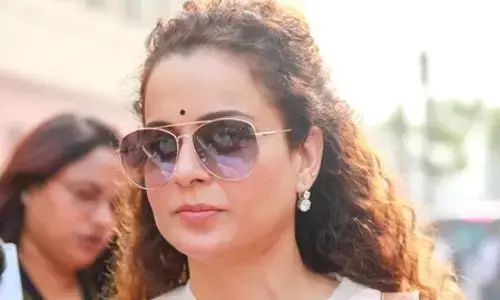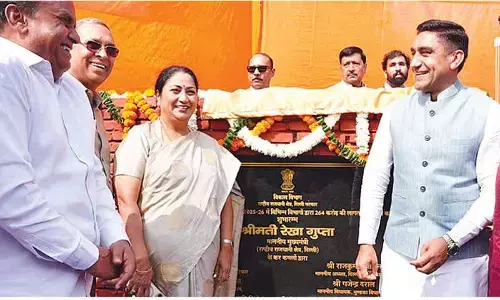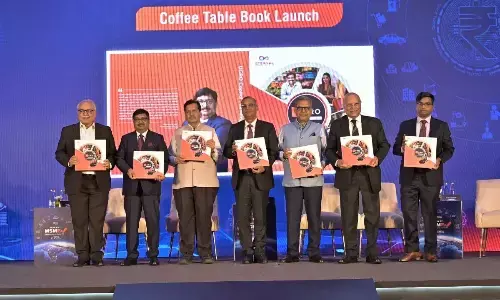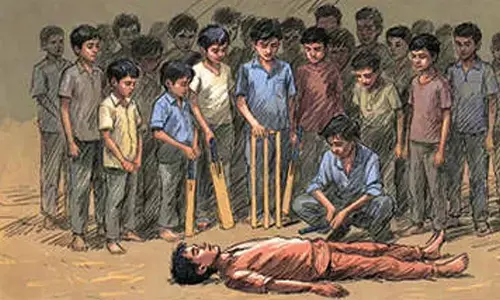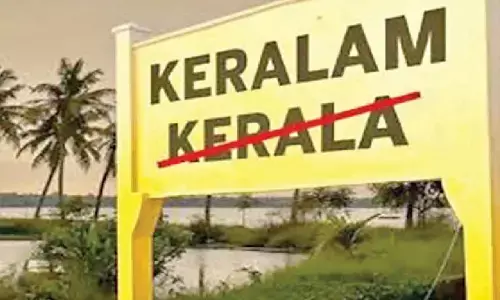Food for thought: Startup converts food waste into pet feed
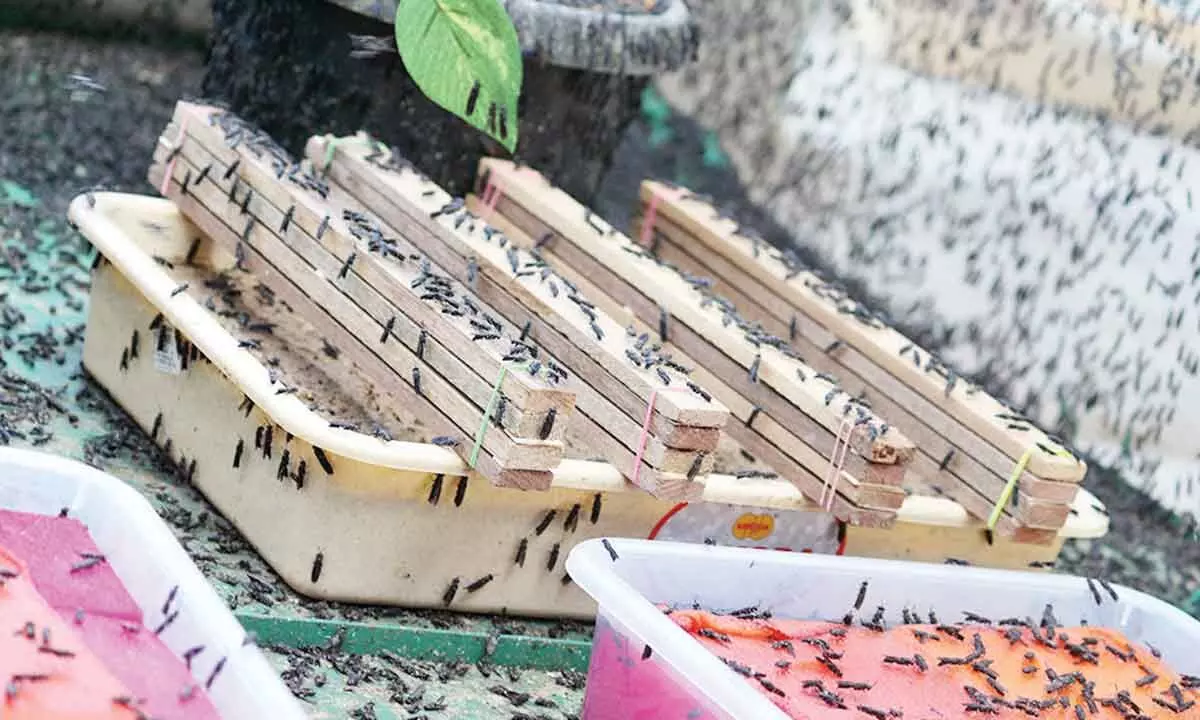
Several startups have been inspired by the sustainability model and have begun upcycling industry by-products into valuable materials.
Bengaluru: Several startups have been inspired by the sustainability model and have begun upcycling industry by-products into valuable materials. A Bengaluru based startup, Loopworm, helps us understand how food waste can be turned into valuable raw materials. After working on three different waste management projects, the IIT mates found out that food/agricultural waste can be a part of the food chain all over again.
"Abhi and I first met in 2017 at the IIT-Roorkee student chapter Enactus (Entrepreneurial Action for Us), which encourages the college students towards social entrepreneurship. Both of us connected and bonded over our shared interest in social entrepreneurship, more specifically in the domain of waste management. While in college, we would end up working on multiple waste management projects and wanted to address the growing menace of food/agri-based waste by upcycling it to become a part of the food chain once again," says Ankit Alok Bagaria, Co-Founder and CEO of Loopworm.
"We researched on multiple ways of bringing back food waste back into the 'food loop', and eventually came across the fact that 'insects' are the natural converters of these wastes by growing on them and later becoming food for the birds and fish, which are farmed for food. Thereafter, it was after going through a UN report (published in 2014) – which stated that insects are the future of food and feed -- that we got the conviction to pursue the work what Loopworm is doing currently. Loopworm is derived from the two words, 'Loop' and 'Worm'; we named the start-up so to be an apt, as are creating a sustainable food system by bringing food rejects back into the Loop with the help of Worms," he says.
15 kg of food waste (containing 70% moisture), when combined with salts, bacteria, supplements and water can be processed to produce 20 kg of feedstock (70% moisture) using this method.
"We at Loopworm have devised a technology in-house to vertically farm Black Soldier Fly larvae on pre-processed food/ agribyproducts. The larvae feed on rejected food and accumulates healthy protein and fats that are excellent for omnivorous and carnivorous species. Additionally, they also convert food waste to a plant-immunity-enhancing soil additive. The end products are extracted and sold across as very high-value ingredients for the feed or pet food industry. Loopworm's process includes getting the insects cleaned, degutted, euthanizing them properly and then extracting them with the help of an 'expeller'," he adds. Although they haven't experimented with any other insects, they are mainly focusing on Black Soldier Fly farming since this sleek-looking tropical fly holds some unique properties.
"BSF larvae break down organic substrates and return nutrients to the soil. The larvae are voracious eaters of food rejects and grow 3,000 times in just 10 days. They are packed with approximately 40% proteins, rich in essential amino acids and 30% fats, rich in Omega 3, 6 and 9 Fatty Acids. Along with this, BSF larvae also has antibacterial properties and are rich in anti-microbial peptides and high digestible Calcium, ensuring high growth and immunity.
The Black Soldier Fly itself consumes only water and is a social insect; they are proven to be a non-pest and non-invasive species, completely safe and harmless to humans, animals and plants," he explains. The company's goal is to produce sustainable food by bringing food waste back into the food chain. "In the next 5 years, we at Loopworm are aiming to produce 300,000 tonnes of sustainable insect-based protein per annum at least. This would help utilize 7.5+ Million tonnes of food/agri waste byproducts sustainably. We are also targeting the pet food/supplement manufacturers and shrimp and fish feed manufacturers currently to sell our insect protein flour and fat oil as ingredients for their products," he continues.
It is vital to feed animals with high quality insect based ingredients as it will reduce a great deal of straess on arable land, drinking water and fish stocks. "Instead of downcycling food waste to compost or bio-gas, Black Soldier Fly Larvae process upcycles food waste back into the food chain, creating a more robust and sustainable food system. Livestock/ pets are constantly competing with humans for food and water. If the animals which provide us food are fed with high quality insect- based ingredients, we reduce the stress on arable land, potable water and wild marine fish stocks," he concludes.


